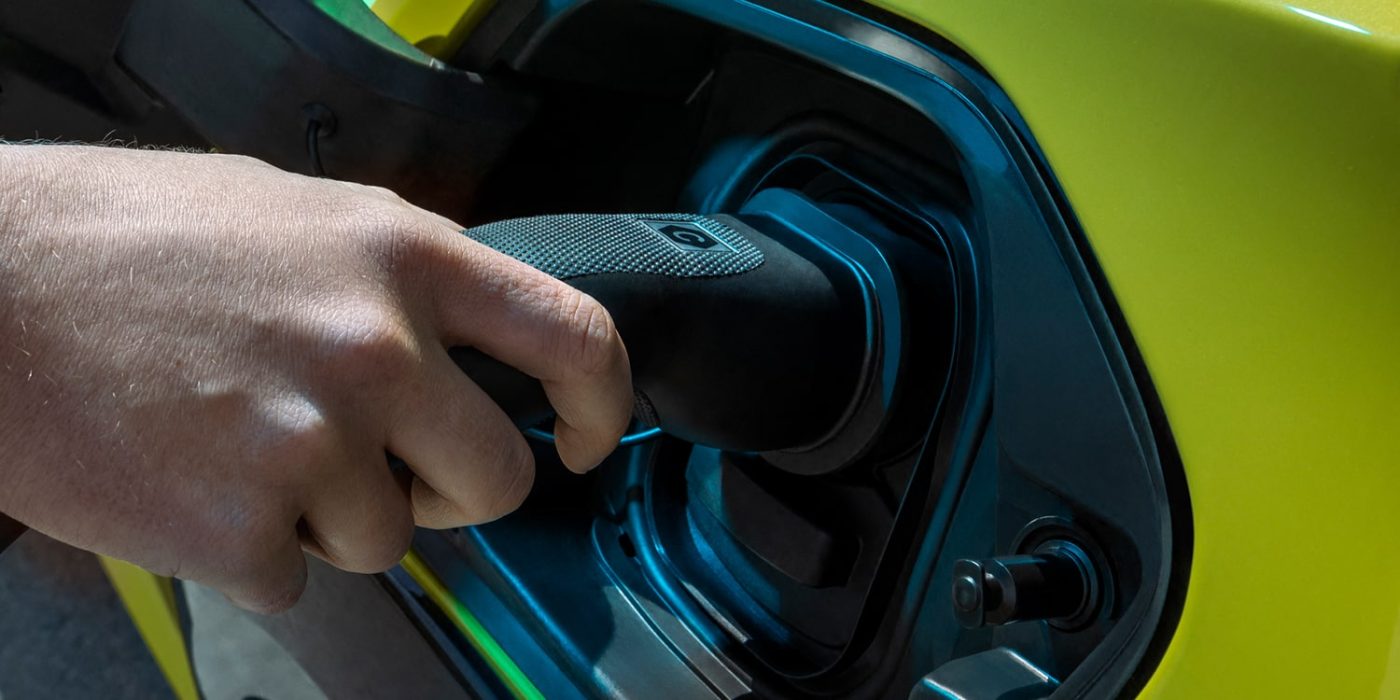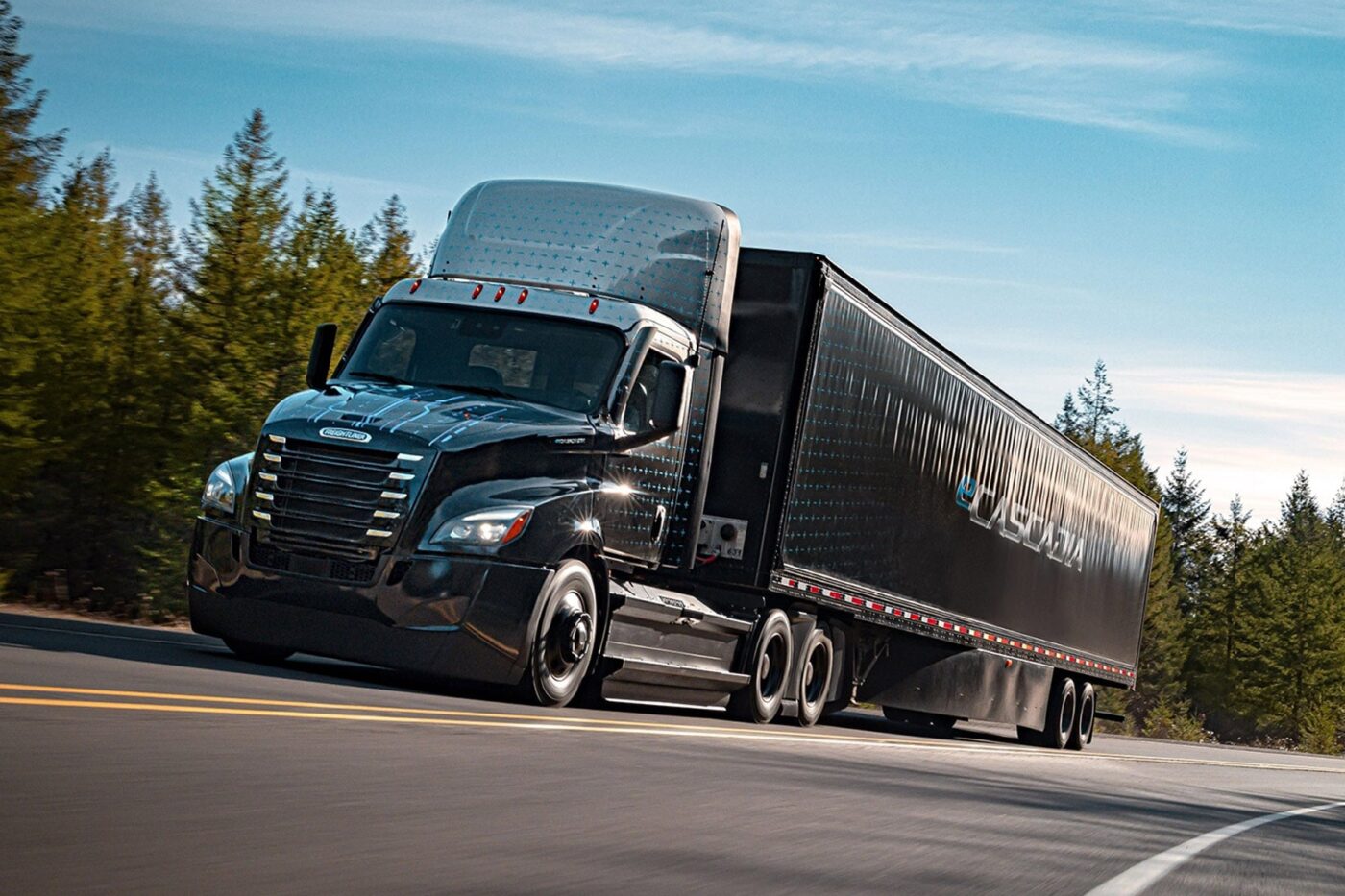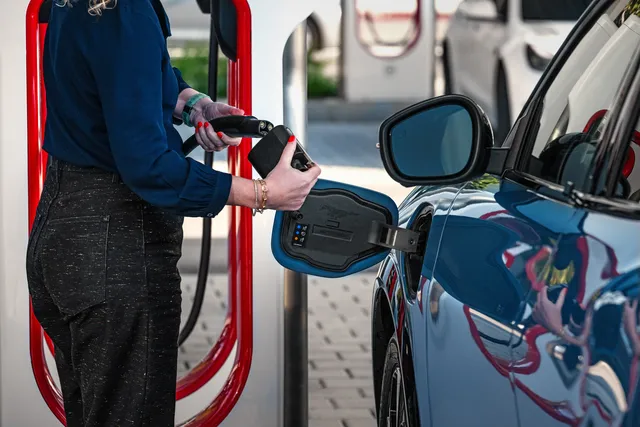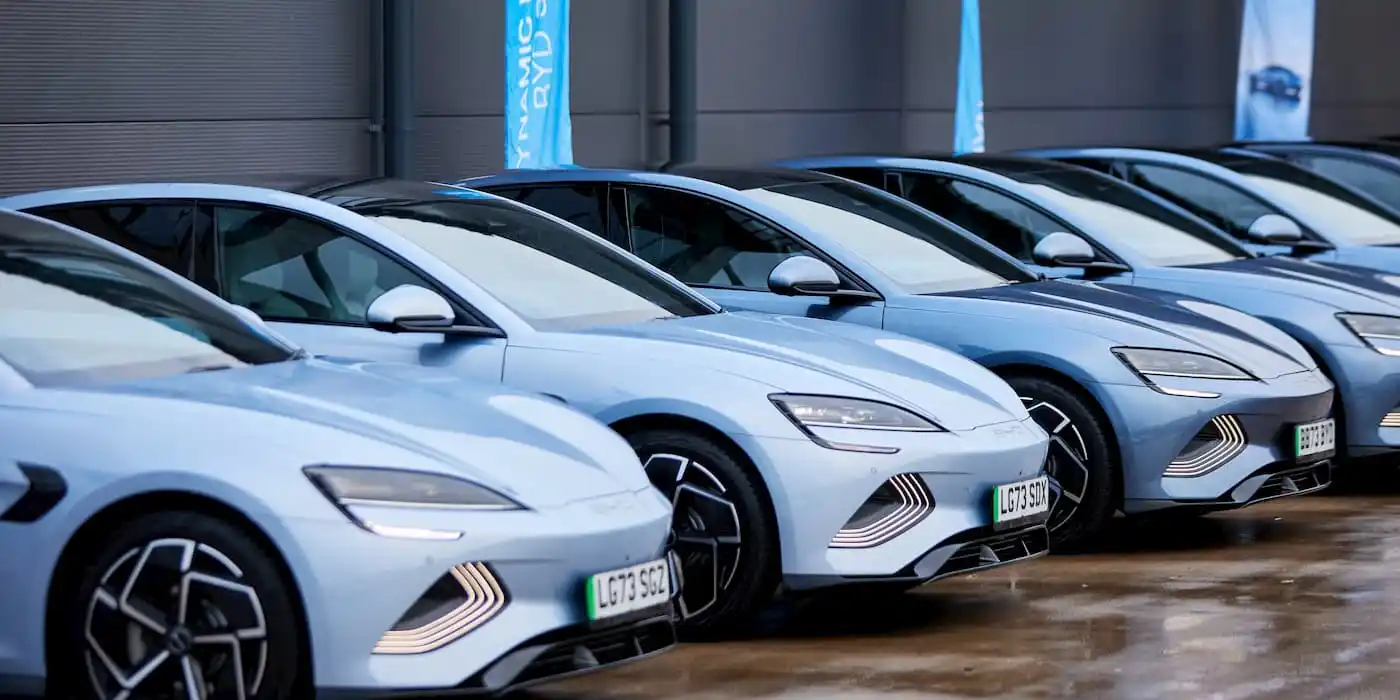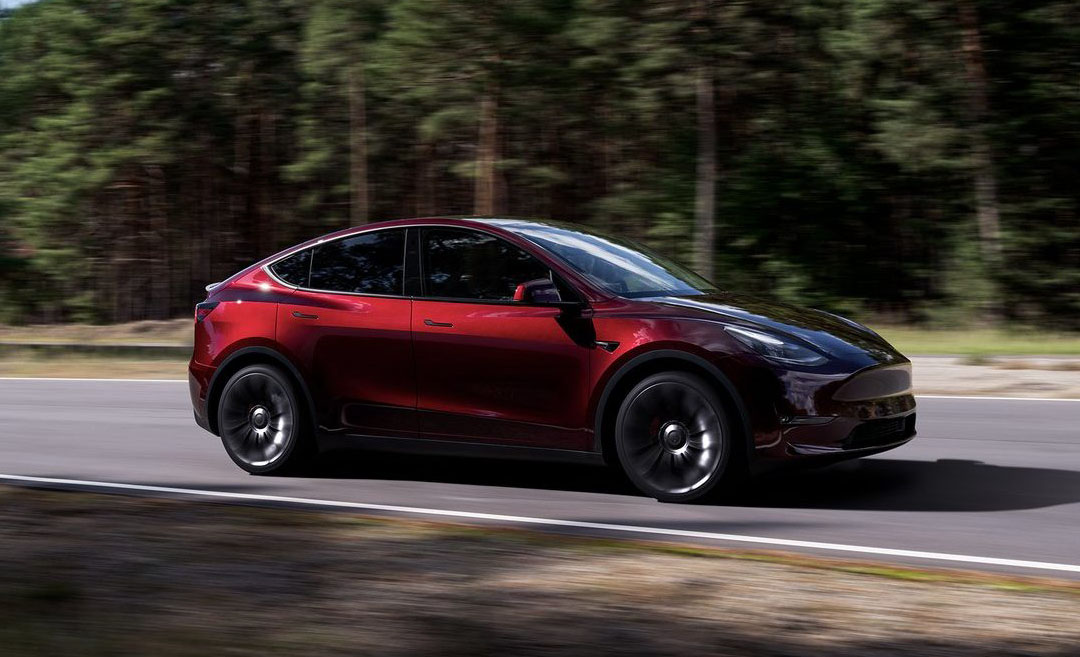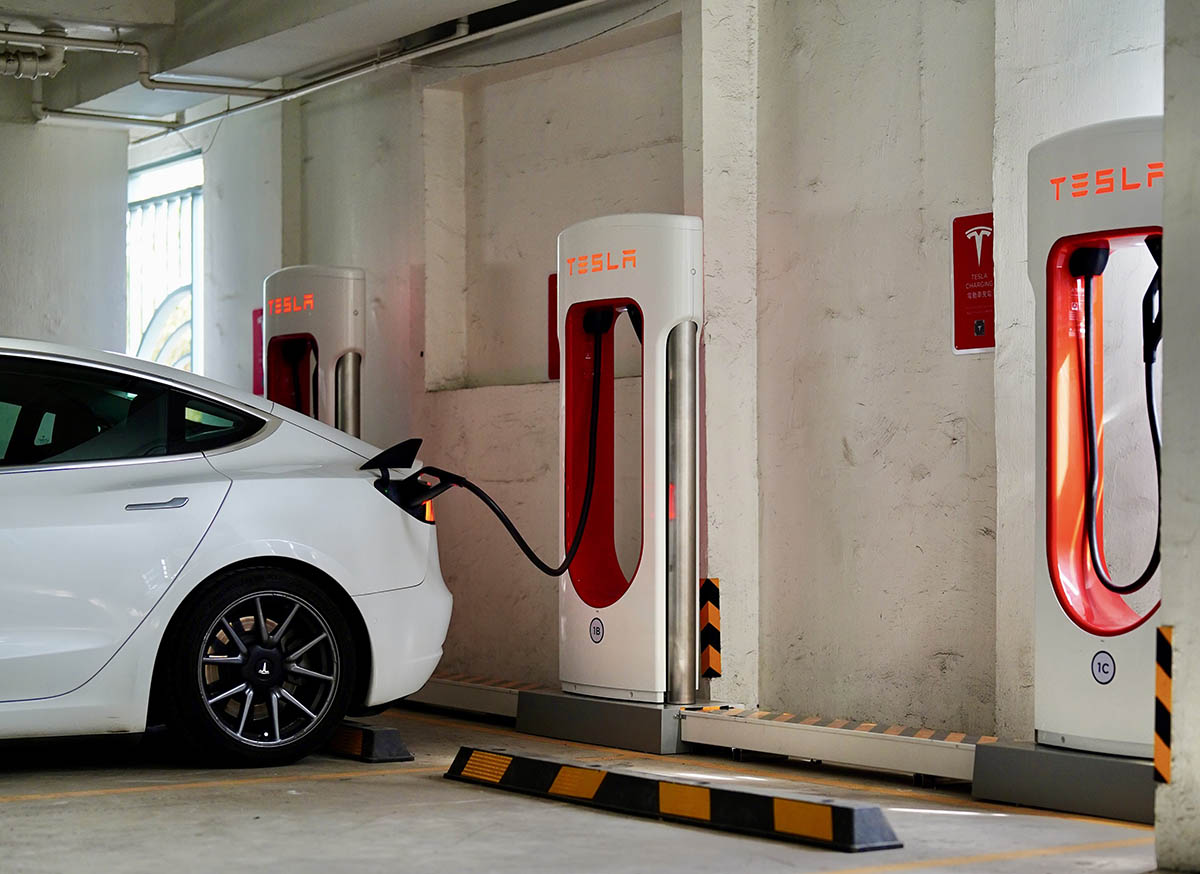The number of potential U.S. buyers considering an electric vehicle (EV) purchase in 2024 has declined from a year ago due to a shortage of affordable cars, inadequate charging infrastructure, and a lack of awareness about EV benefits, according to a study by J.D. Power.
Additional factors contributing to the waning EV demand in the United States include persistent inflation, high interest rates, and modest growth in model availability, the study reported.
U.S. automakers have invested billions in developing EV models and ramping up production. However, they have had to slow down some of these plans as demand for EVs has softened over the past few quarters.
Falling demand for EVs has put pressure on sales at U.S. automakers. In April, Tesla reported a quarterly revenue decline for the first time since 2020, when the COVID-19 pandemic disrupted production and deliveries. The same month, Ford Motor recorded a $1.3 billion operating loss in the first quarter for its EV and software division.
The study indicated that 24% of prospective vehicle buyers were “very likely” to consider purchasing an EV in 2024, down from 26% a year ago. The percentage of those who said they were “overall likely” to consider purchasing an EV this year decreased to 58%, from 61% in 2023.
“Approximately 40% of shoppers say they do not have a solid understanding of incentives,” said Stewart Stropp, executive director of EV intelligence at J.D. Power. “In previous years, the number of viable EVs that met shoppers’ needs increased substantially year over year. This year, it’s been more incremental,” he added.

